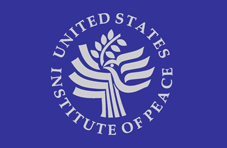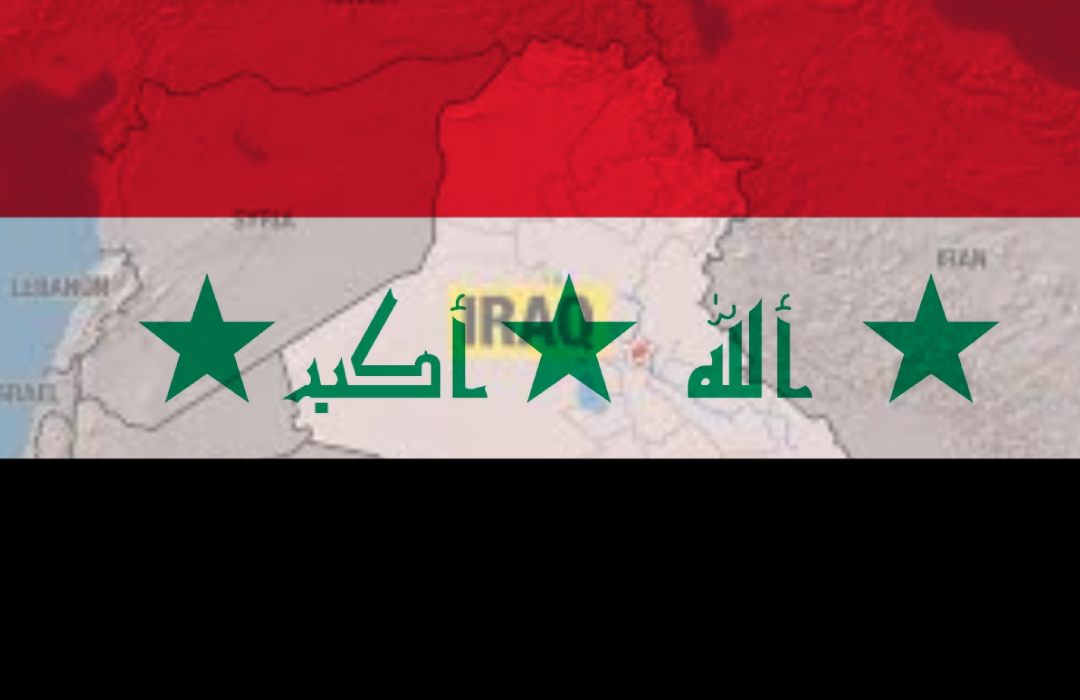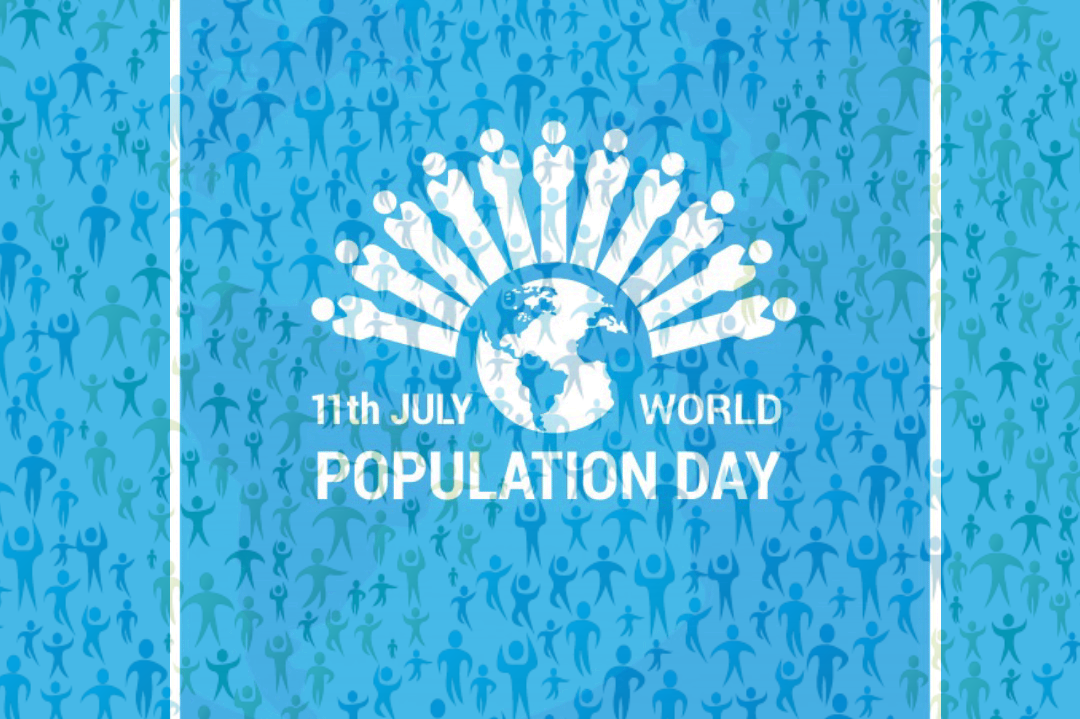Can Less be More in Afghanistan? State-building Lessons from the Past to Guide the Futur

During a visit to U.S Institute of Peace, on November 17th, Imam Shirazi World Foundation visited an enriched conference about Afghanistan, its future, , and the transitional period Afghanistan and Afghans face and if less can be more in Afghanistan! State-building lessons from the past to guide the future were the main focus of this conference. Astri Suhrke, Senior Researcher at Chr. Michelsen Institute shared her in depth studies about Afghanistan. Mohammad Haneef Atmar, former Minister of Interior of Islamic Republic of Afghanistan also shared his expert suggestions and inputs about how should Afghanistan view its changes and what are the changes that foreign humanitarian and governmental institutions and organizations need to make and adopt if they like to experience a permanent change in Afghanistan and its people. Alexander Their, Assistant to the Administrator and Director, Office of Afghanistan and Pakistan Affairs in U.S Agency for International Development joined by Michael Semple, 2011-2012 Carr Fellow at Harvard Kennedy School, presented their views in different aspects of the changes that Afghanistan should and will go through in order to become a democratic country, free of tribal wars, disorder, and start of a new era in Afghanistan. Andrew Wilder, director of Afghanistan and Pakistan Programs in U.S Institute of Peace, moderated this conference. Imam Shirazi World Foundation ( ISWF ) met individually with former minister of Interior of Islamic Republic of Afghanistan, and discussed the future of Afghanistan and its transition in depth. ISWF also made a few suggestions regarding the democratic changes that Imam Mohammad Shirazi suggests in his books and implications of policies that lead towards an Islamic and democratic country.





